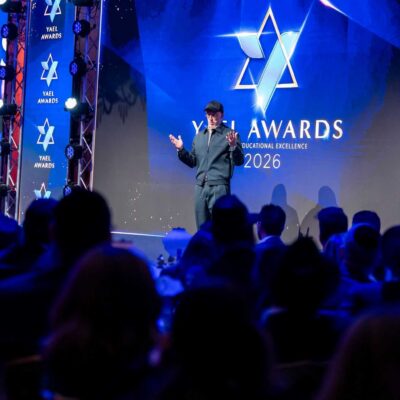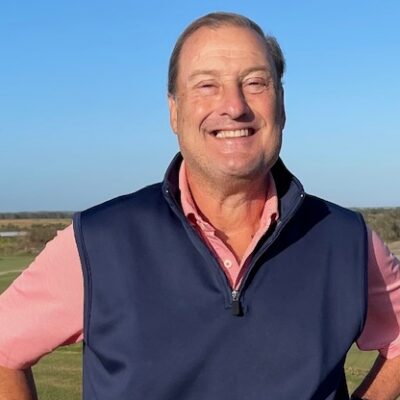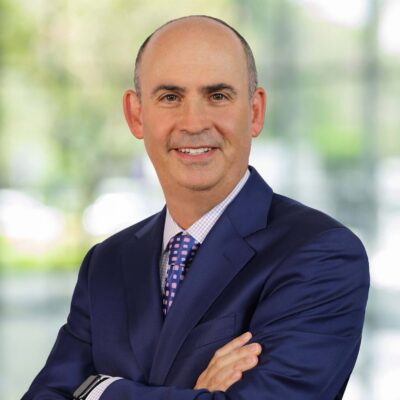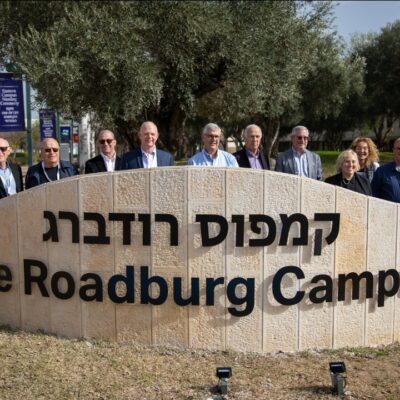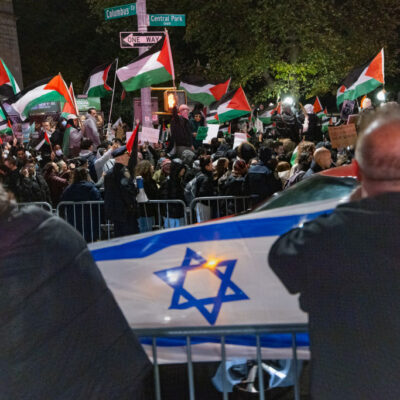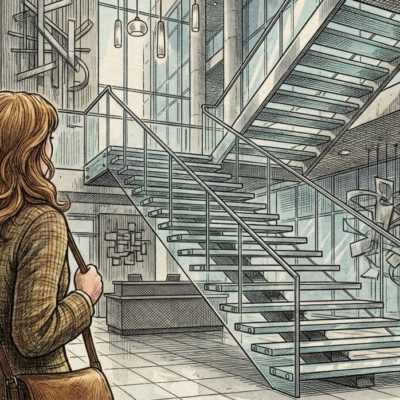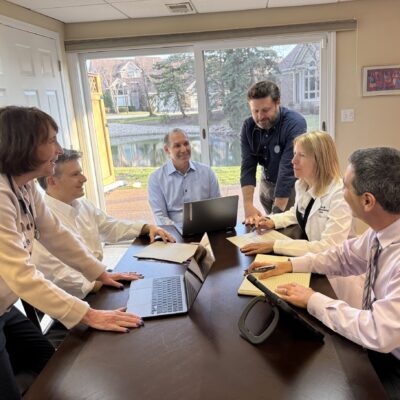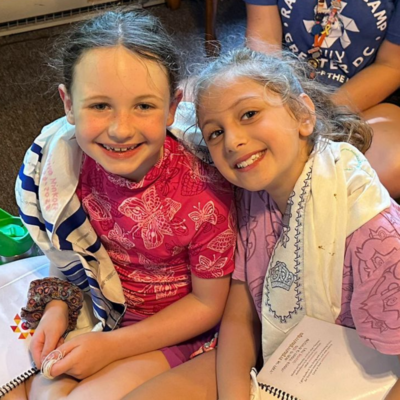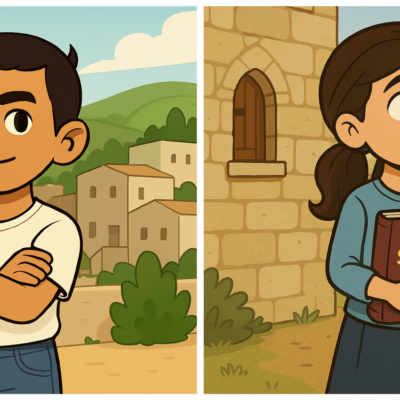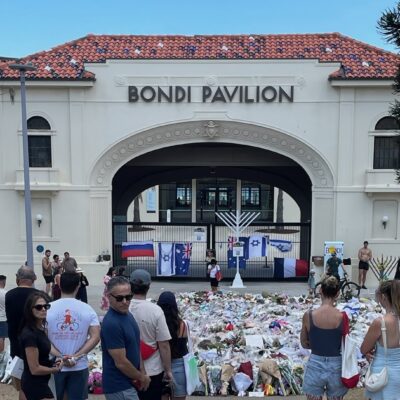The Leichtag Leap of Faith
The family foundation’s investment in Jerusalem has been the ‘risk capital of social change’

By Maayan Hoffman
eJewish Philanthropy
For Charlene Seidle, executive vice president of the Leichtag Foundation, philanthropy funding is “the risk capital of social change.” As the person who oversees grantmaking for the independent family foundation, Seidle has made it her business to take big and bold funding risks, she said.
In Jerusalem, Seidle has a lot to show for those efforts.
On a sunny fall afternoon, she sat in the foundation’s Restreet co-working spaces conference room, located in the heart of Jerusalem’s city center, to explain to eJewish Philanthropy how a combination of daring investments – “we knew we would fail, but as long as we failed fast and learned… ” – research and relationship-building could help the entire city evolve.
“Investment in Jerusalem impacts the entire world.” she told eJP. “Jerusalem has always had more global significance than being any one person’s. It is the city of anyone and no one, and it is our choice to determine which one it will be.”
The Leichtag Foundation had long invested in Israel and decided in 2011 to begin investing specifically in the City of Gold. Seidle said that the Leichtags had “an ideological connection to Israel,” but on their passing left little direction as to how to use their funds to support the Jewish state.
“Jerusalem was at a very different stage then than now,” she recalled about her first efforts to examine how the Leichtag Foundation might want to invest. The foundation conducted an in-depth study. What it found was that “Jerusalem really is a microcosm of the whole country, it is a place with huge social and economic gaps, the largest and poorest city, diverse and intense.
“A pressure cooker,” Seidle said. “It was an unusual choice at the time. We got a lot of advice: Jerusalem is lost, it is so problematic. People called us naive Americans from San Diego.
“But looking through the Leichtag lens, we saw that we could turn these problems into opportunities,” she continued. “We felt we could really drive a lot of change and wanted to really invest in that change. The Leichtags were entrepreneurs, and Jerusalem is a city in which people have a real sense of pragmatism.”
She said, “Great risk would come with great reward – we knew that. And what greater reward than Jerusalem?”
Today, the foundations efforts are centered around three areas: Improving the quality of life in the city for young people, labor force participation, and resilience – the latter meaning efforts to build resilience for the community so it can sustain whatever changes might come its way.
The foundation describes its Jerusalem funding vision on its website as follows: “Our Jerusalem Renewal funding strategy is dedicated to aligning the Jerusalem we know with the one we hope for. We believe that Jerusalem is not just a microcosm for Israeli society, but for the world’s. To us, its intensity and diversity, instead of being weaknesses, are its strongest assets. We see this through the grassroots activists and organizations that are bridging the social and economic gaps in Jerusalem, as well as shortening the gap between the two Jerusalem’s.”
The key to their efforts, said Seidle, is human capital. The foundation trusts in talent, she explained, and has invested in people rather than in organizations.
“The talented people will travel through an ecosystem and it is important to keep them in the ecosystem and not have them represent any one part of it,” she told eJP. “Talent is the driver… I think that is something we would really advise any philanthropist to do.”
Its New Spirit project encourages Jerusalem’s young adults to engage in cultural events, social projects and creative entrepreneurship. Recently, as a next stage of the program, it invested in Re:Street, together with the Jerusalem Development Authority.
“It is a co-working space for civil society,” Seidle explains. “We are now actively supporting the ability for civil society to interact as a whole.”
Two years ago, it quietly started the Jerusalem Model, “an initiative which aims to empower and strengthen Jerusalem’s civil society,” the Leichtag website explains. “The Jerusalem Model will galvanize the activists by facilitating partnerships, creating a network and shared narrative among the diverse groups and social innovators of the city. The Model will also identify and cultivate leadership, and encourage professional excellence, all in order to have greater and more sustainable impact over Jerusalem.”
It started with only a couple dozen activists. Today, it is around 210 people strong, reflecting the demographics of the city: about one-third Palestinian, one-third Haredi and one-third everyone else.
Many of the participants work on projects together at Re:Street. Collectively, they are learning about each other and making the changes necessary to move Jerusalem forward.
“The project enables change in moderation,” she said. “Most often, we are talking about evolution, not revolution.”
However, for Seidle, there is no question this change is taking place – in Jerusalem and among members of the philanthropic world.
She said that when the foundation first started making more and deeper investments in the holy city, she would attend funders conferences and want to share about her efforts.
“No one seemed interested in Jerusalem and helping East Jerusalem was considered extreme, like you were supporting BDS,” she said. “Now, you say Jerusalem, and people are excited about it. There is an energy, a creativity. And East Jerusalem? There is so much curiosity to learn.”
In 2018, she curated a two-day pre-conference to the Jewish Funders Network annual conference about Jerusalem for funders. She expected about 40 people to register, but 160 people signed up. In the evaluations, people listed that pre=conference as among their favorite sessions, she told eJP.
“There is now such a strong interest in philanthropy in Jerusalem and that’s really wonderful,” she said. “There are so many dimensions of impact: economic, culture, social cohesion = this is the lab.”
She said she loves Jerusalem – and spends about half her time in the city. The secret sauce, she believes, is that she chose to go deep rather than wide, to build trust and long-term relationships in the holy city.
“I think what Jerusalem shows is that it defies slogans, tweets, simple answers,” Seidle said. “Simplicity is not the right strategy, and nothing demonstrates that more than Jerusalem.”

 Add EJP on Google
Add EJP on Google